

If it costs them nothing, then what does the cost of servers have to do with anything? If someone else wants to run servers at their own expense, that’s their prerogative. Why would you have an issue with a bad game remaining playable? That’s valuable history that everyone can learn from.
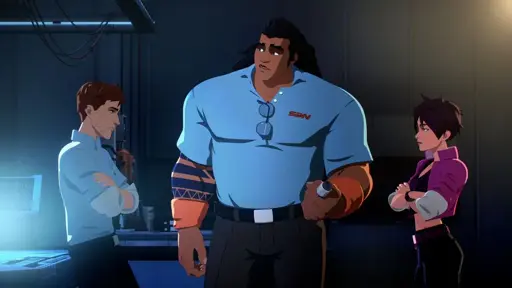
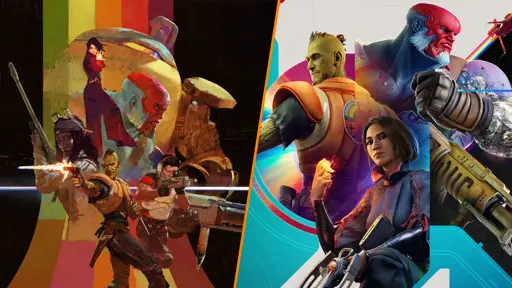

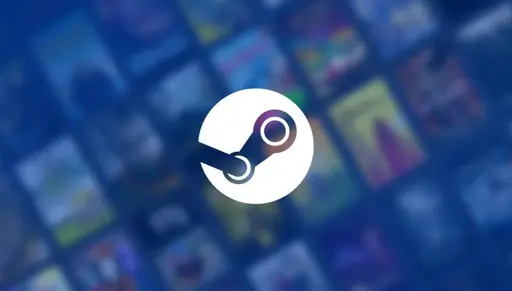



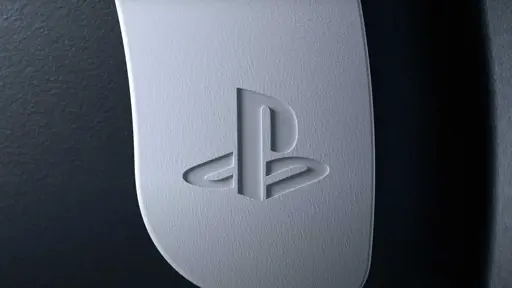

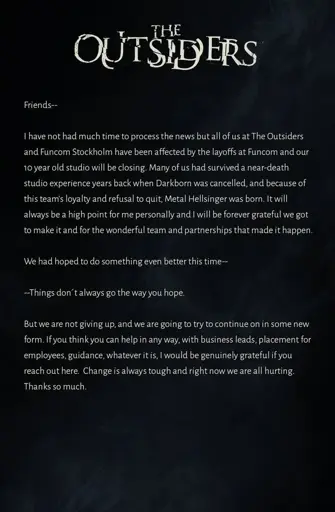

I don’t believe I said anything like “all games deserve ongoing maintenance”.